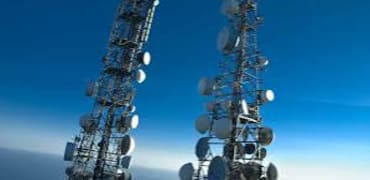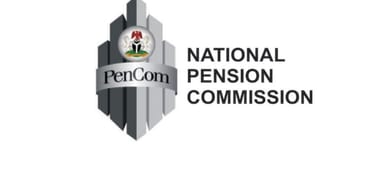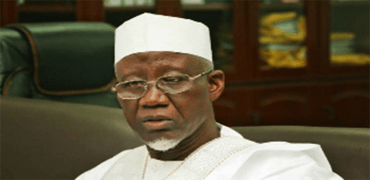Why Nigerian Telecoms Are Pushing for a 100% Tariff Hike – MTN Boss Explains
Why Nigerian Telecoms Are Pushing for a 100% Tariff Hike – MTN Boss Explains
By Achimi Muktar
The Nigerian telecom industry is sounding the alarm on its financial sustainability, with major players like MTN calling for a 100% tariff hike to address rising costs and protect the sector from collapse. Speaking on Arise TV, MTN Nigeria’s CEO, Karl Toriola, laid out the dire financial pressures facing telecom operators, emphasizing that the requested increase is about survival, not short-term profit.
The Case for a Tariff Hike
Toriola revealed that the industry has submitted a proposal to the Nigerian Communications Commission (NCC) for a 100% tariff increase. However, he acknowledged that the likelihood of approval is slim given the nation’s economic challenges.
“We’ve put forward a request of approximately 100% tariff increases to the regulators. I doubt they’re going to approve that quantum of increases because they’re very sensitive to the current economic situation in the country,” Toriola stated.
The Rising Cost of Operations
Inflation, forex devaluation, and soaring energy costs have pushed telecom operators to the brink. Toriola highlighted staggering cost increases:
Diesel Prices: From pre-COVID rates of ₦230 per liter to over ₦1,000.
Exchange Rate: From ₦424.50 to around ₦1,550 by the end of 2024, inflating the cost of imported infrastructure such as base stations.
Infrastructure Costs: Critical equipment now costs nearly four times more than two years ago.
“These cost increases are outpacing revenue growth. If large operators like MTN and Airtel are struggling, the impact on smaller players and the ecosystem is even more severe,” Toriola warned.
Ripple Effects on Jobs and Growth
The financial strain isn’t just a corporate problem; it threatens jobs and economic growth. According to Toriola, MTN alone supports over 2 million direct and indirect jobs. A collapse in the telecom sector would devastate employment and disrupt commercial activities reliant on telecommunications.
“This is not just about profitability; it’s about survival. If the industry constricts, employment and commercial activities around it will constrict as well,” Toriola warned.
Government and Regulatory Support
Toriola commended government initiatives aimed at supporting the telecom industry, including:
Telecom Infrastructure as Critical National Infrastructure (CNI): This declaration ensures better protection of telecom assets.
Fiber Optic Expansion: The government plans to roll out 90,000 kilometers of fiber optic cables under the leadership of Minister Dr. Bosun Tijani to boost digital penetration.
Regulatory Efforts: The NCC’s ongoing cost-based study will determine whether tariff adjustments are justified.
While these efforts are commendable, Toriola stressed the need for more targeted measures to address the industry's sustainability challenges.
A Two-Year Fight for Tariff Review
The push for a tariff increase isn’t new. For over two years, industry associations like the Association of Licensed Telecom Operators of Nigeria (ALTON) and the Association of Telecommunication Companies of Nigeria (ATCON) have called for a review. They argue that telecom is the only sector yet to adjust prices despite Nigeria’s inflation and economic challenges.
Operators have pointed to regulatory restrictions as a major obstacle to pricing flexibility, leaving them unable to offset rising operational costs.
What Lies Ahead?
The NCC’s pending cost-based study will determine the fate of the proposed tariff increase. In the meantime, the telecom industry faces a precarious balancing act: maintaining service quality and economic contributions while grappling with mounting financial pressures.
As Toriola warned, “This is not just about the telecom operators; it’s about sustaining a critical sector of the economy that millions of Nigerians rely on every day.”


















